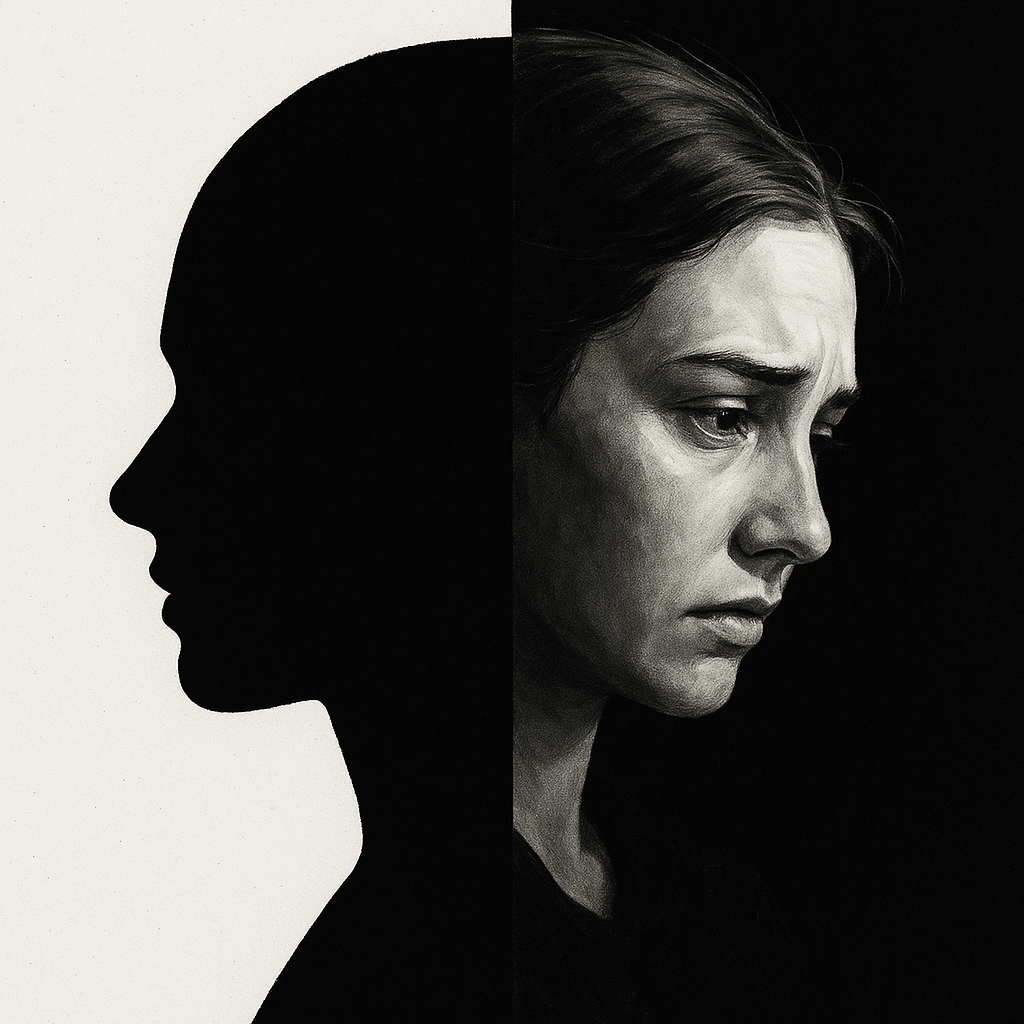When you first learn you’ve been cheated on, it’s like someone’s pulled the rug out from under your reality. One moment, you’re standing on solid ground; the next, you’re free-falling through questions you never thought you’d have to ask.
When it first happened to me, my mind instinctively tried to compartmentalise. I wanted to believe that the woman I loved and the person who betrayed me were two entirely different people, like a split personality. It felt easier to think of her infidelity as a temporary lapse, an aberration that did not reflect the person I thought I knew.
As time passed, I realised that this way of thinking only prolonged my pain. The hard truth was that there was not a “good side” and a “cheating side.” There was not a separate person I had lost. The woman I loved and the woman who cheated were one and the same. Her actions were not some external force acting upon her; they were a reflection of her character, her choices, and her values.
What truly helped me begin to heal was understanding that the person I had fallen in love with was, in many ways, an illusion. It was not that she had suddenly changed or become someone else. The image I had of her was simply incomplete. The betrayal did not create a new version of her; it revealed parts of her that had always been there but were hidden from view.
Realising this hurt, but it also set me free. It allowed me to stop clinging to the idea of who I thought she was and start accepting the reality of who she truly is. It was not about blaming myself for not seeing it sooner. It was about acknowledging that people are complex, and sometimes we see only what we want to see.
A Lesson in Letting Go
For anyone who has been cheated on, it is natural to feel as though you have lost someone you loved deeply. Perhaps what you have actually done is pierce the illusion of who you thought they were. This is not your fault; it’s human to believe in the best version of someone we care about. Knowing the truth always hurts, but facing it is better than letting someone deceive you. Healing begins when we stop trying to reconcile two conflicting versions of them and accept that their actions are part of who they are.
You get to choose how long you want to be angry or mourn. No one has the right to tell you that you have spent too long grieving or raging. This does not mean you have to hate them or hold onto bitterness forever. It means recognising that their choices do not align with the love, respect, and trust you deserve in a relationship. Once you see them clearly for who they are, flaws and all, you can begin to let go of the pain they caused and make room to build something better in your life.
Take care of yourself. You’re stronger than you know, and you will get through this.
Join the Discussion on Reddit

